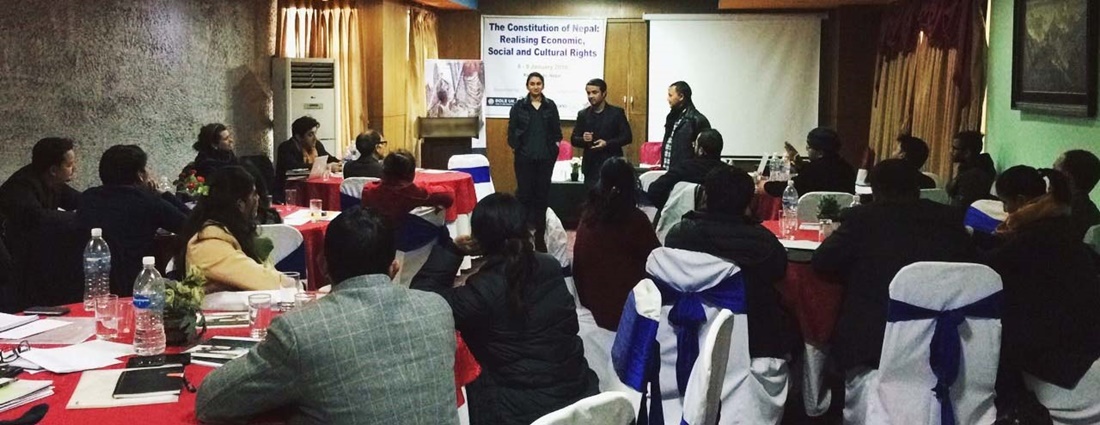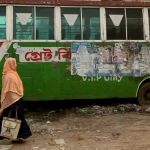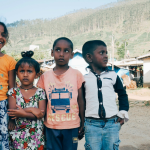In September 2015, Nepal adopted its Seventh Constitution. A three-year moratorium on litigating fundamental rights, which expires this year, provided the government with a valuable opportunity to implement legislation and other structures to protect these rights. In preparation, iProbono, in partnership with Law and Policy Forum for Social Justice (LAPSOJ), Nepal Law Campus (NLC), Nepal Bar Association (NBA), and supported by the Rule of Law Expertise UK (ROLE UK) and UKAid, conducted a two-day workshop on ‘The Constitution of Nepal: Realising Economic Social and Cultural Rights (ESCR)’ to strengthen the capacity of interested lawyers.
International and national experts gathered in Kathmandu to share their knowledge and experience with 31 participants on Nepal’s new Constitution, the country’s constitutional history and ESCR in the wider context of the United Nations framework. A broader discussion, informed by the Nepal Bar Council’s work on promoting pro bono legal work, included the importance of legal aid and pro bono as well as the pivotal role of lawyers in protecting fundamental rights.
Day 1 began with Mariam Faruqi, iProbono and Som Nirula, the Alliance for Social Dialogue (ASD) introducing the objectives of the workshop. Prem Chandra Rai, LAPSOJ commented that lawyers need to focus more on ESCR. Karna Bahadur Thapa, NLC pointed out the interdependency of civil and political rights (CPR) and ESCR for litigation purposes and Khamma Bahadur Khati, NBA spoke about the shifting public discourse from CPR to ESCR. Sushil Pyakurel, ASD ended the session by highlighting the obligation of the State to implement these rights. While the inaugural panelists lauded the inclusion of numerous ESCR in the fundamental rights provisions of the Constitution, they expressed concern about the challenges of implementation.
In a session on ‘Nepal’s Constitutional Identity’, Mara Malagodi, City University Law School, London shared her expertise on the challenges and opportunities provided by the new Constitution, the history of constitutional litigation in Nepal and strategies and lessons-learned in other cases.
Ali Dayan Hasan, United Nations Development Programme (UNDP) placed ESCR in the wider context of international framework, sharing best practice with reference to the International Covenants and procedures of monitoring. He emphasised the indivisibility of ESCR, stating that the inclusion of ESCR in Nepal’s Constitution was exemplary in South Asia.
Mara Malagodi kick-started Day 2 with prominent legal experts. Former Attorney General of Nepal, Hari Phuyal opened the discussion and highlighted that the legal community needs to understand the difference between litigating CPR and ESCR cases. Sabin Shrestha, Forum for Women, Law and Development (FWLD) stated that landmark judgments in CPR cases have laid the foundation to litigate ESCR. He discussed strategies that lawyers should consider including collection of data, identifying respondents and victims, and ensuring social accountability of lawyers. Senior Constitutional and Human Rights Lawyer, Raju Prasad Chapagai wrapped up the session by providing a history of litigation in Nepal from 1990 (when the locus standi of PIL was first recognised) till today; discussing the current scope of litigation.
In sharing experiences from Pakistan, Ali Dayan Hasan presented two case studies raising violations of both CPR and ESCR and strategies for protection of these rights. He highlighted that (a) separating ESCR and CPR cases into two different categories can be strategically redundant due to the interdependent nature of the rights and (b) evidence-gathering is crucial to successful litigation.
Alongside the expert sessions, participants articulated the experience and needs of the Nepali legal community. The group shared that while litigation on CPR in Nepal is substantial, the focus must shift towards ensuring implementation of ESCR, especially in the context of the new Constitution. They appreciated Nepal’s rich history of public interest litigation while emphasising the need for better advocacy strategies. As one expert said, “justice does not come only from court”. Therefore, strategies were shared on using international bodies and covenants, national reports on the progress of fundamental rights or using landmark judgments to push the State to institute law and policy reform.
While the objective of this workshop was to build the capacity of lawyers in Nepal, it is merely the first step. iProbono, together with LAPSOJ and other partners in Nepal, plans to continue engaging legal service providers in an interactive and on-going feedback session. A Legal Toolkit summarising lessons learned from this workshop is being prepared as a reference tool for litigating ESCR. Future workshops will consider participants’ recommendations to include varied stakeholders including government officials and share cross-regional advocacy strategies.
The day ended with a break out session during which participants brain stormed over a hypothetical case study. They strategised on how to address an ESCR violation and implement a successful judgment. A lively feedback session ended the day and as one of the participants commented, it was a “good day to learn and share about socio-economic rights”.
Shohini Banerjee – Program Analyst, iProbono







